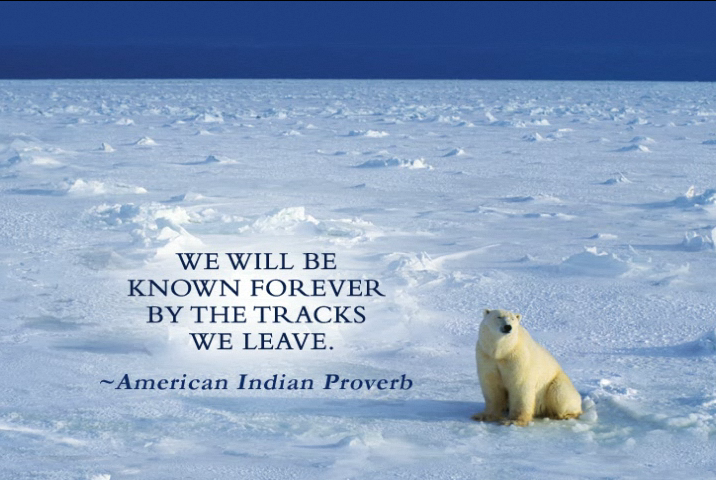Great stories and breathtaking storytelling are a very integral part of healing negative events. If you want to create a memorable experience and heal the impacts of negative events at the same time, you must master the psychology of storytelling. We noted this key fact, in our earlier blog: Remarkable Stories Connect Emotionally.
The ability to influence is very difficult without a contextual story. Don’t tell facts to influence, tell stories. The more you improve your breathtaking storytelling, the more your influence … it is as simple as that.

Stories make it easier for people to understand. They are the best way, by far, to spread your ideas and ability to influence.
Research lead by Melanie Green and Timothy Brock reveals that trying to persuade people by telling them stories works extremely well. The reason that stories (when told well) are so appealing is that you can transport customers inside the story and get your point across without directly trying to convince.
Researcher Jeremy Dean (founder of PsyBlog) notes the following on the effectiveness of stories:


